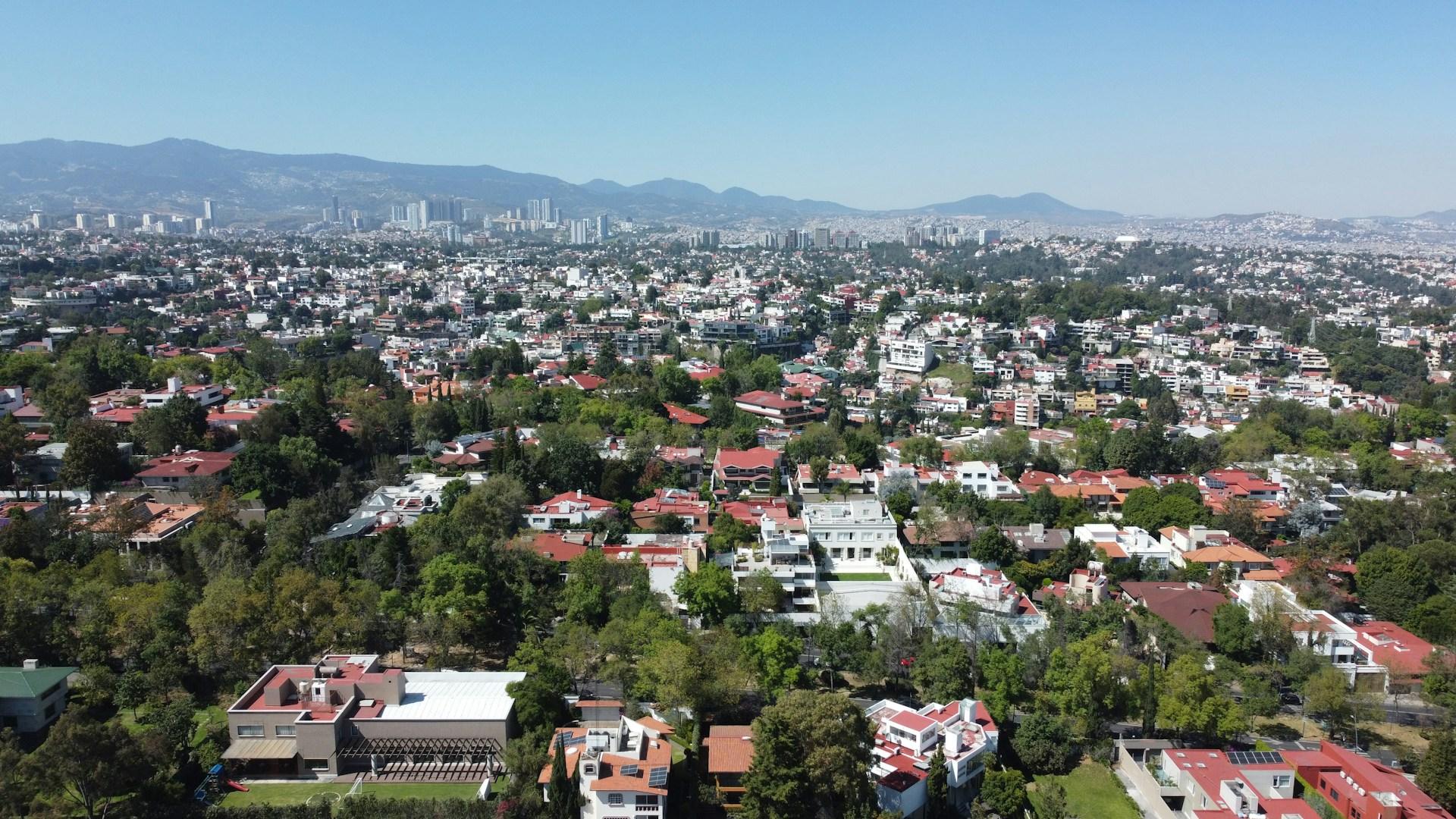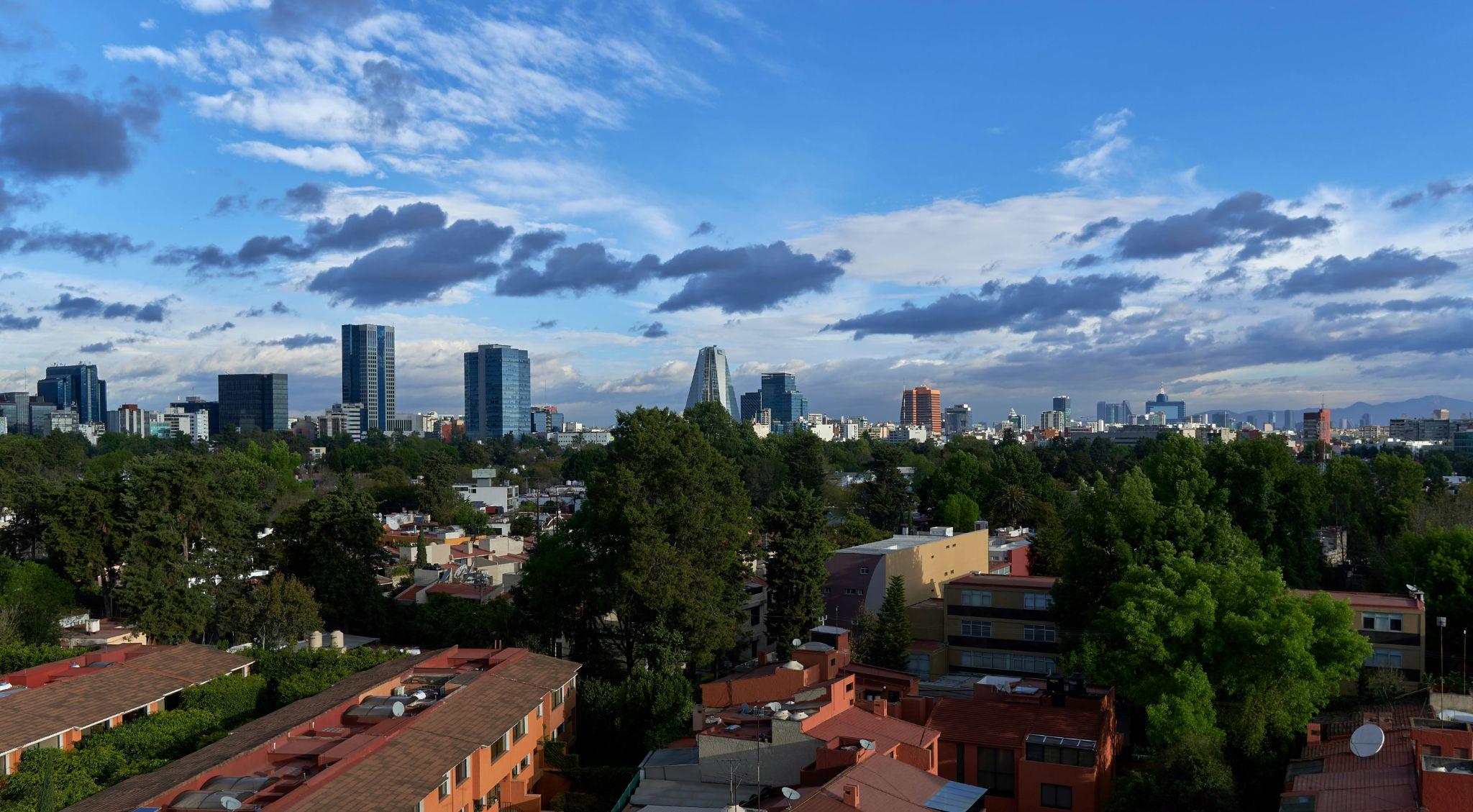Buying property in another country can feel both exciting and uncertain. From scenic beaches to colonial towns, Mexico offers a wide range of real estate opportunities. But to make a smart purchase, you’ll need more than just enthusiasm and a budget.
If you’re exploring San Miguel de Allende real estate, especially in popular neighborhoods like Guadiana San Miguel de Allende, there are several key things to keep in mind. Local laws, ownership structures, and unfamiliar procedures can complicate things quickly if you’re not prepared.
Start with Your Long-Term Goals
Before you fall for a villa with a perfect view, define why you’re buying. Are you looking for a part-time vacation home? A full-time residence for retirement? A property that generates rental income while you’re away?
Your goals will shape everything that follows. A rental-friendly unit downtown will differ from a quiet home in a hillside neighbourhood. If retirement is the plan, you may want walkability, proximity to healthcare, and a quieter setting. Clear priorities help avoid costly detours.
Some buyers mix short- and long-term plans. For example, they rent out the home seasonally now, then move in later. That works too, but it needs to be factored into how you purchase and manage the property.

Narrow Down the Best Areas for Your Needs
Mexico is vast and diverse. Each region offers a different lifestyle, cost of living, and level of access to services. If you need quality healthcare, frequent flights, or a strong expat community, those details matter.
Coastal areas like Puerto Vallarta and Playa del Carmen appeal to buyers who want beach living and tourist infrastructure. Inland colonial towns like San Miguel de Allende offer charm, cooler climates, and strong communities of foreign buyers.
When narrowing your list, consider your day-to-day lifestyle. Do you want walkability or prefer a gated development? Is proximity to an airport essential? Do your research, but also visit the areas you’re seriously considering.
Be Clear on Ownership Structures
Foreigners cannot own land directly in restricted zones (within 50 km of the coast or 100 km of a border), which includes most popular beach towns. But there are legal workarounds.
Most buyers use a fideicomiso, a bank trust that holds the property on your behalf. It gives you full rights to occupy, rent, sell, or pass it down. Alternatively, you can purchase through a Mexican corporation, but that’s typically suited for commercial or multi-unit investments.
Each structure comes with its own responsibilities. Annual fees, reporting requirements, and how you can use the property vary. Make sure you speak with a real estate attorney who can guide you through the right setup for your situation.
Work Only with Licensed Professionals
Real estate in Mexico is less regulated than in the U.S. or Canada. Anyone can call themselves an agent, and scams do exist. This makes it essential to work only with licensed, reputable professionals.
Your real estate agent should be experienced with foreign buyers and understand both the local market and property laws. But you’ll also need a lawyer, one who speaks your language and works for you, not the seller or developer.
Look for signs of legitimacy: office location, references, and memberships in local associations. Ask for credentials. A licensed notary is also involved in finalizing property transactions and should be chosen with care.
Budget Beyond the Sticker Price
The listing price is only part of the cost. Budget for closing fees, legal services, notary fees, and taxes. If you’re buying through a fideicomiso, expect annual trust fees too.
There may also be maintenance costs, insurance, HOA dues, or assessments, especially in managed communities. If the home needs upgrades, those should be priced up front.
A common mistake is underestimating long-term ownership costs. Spend time mapping them out. You’ll avoid surprises and feel more confident in your investment.
Don’t Skip the Legal Review
A proper legal review is non-negotiable. Every property should be verified for a clean title, absence of debt, and proper permits. Some homes in Mexico were built without permits or are in legal limbo due to inheritance disputes or a lack of documentation.
Your attorney should run a title search, review all permits, and confirm the seller has full rights to transfer ownership. In new developments, they’ll also review the developer’s legal standing and zoning.
Don’t rely on verbal promises. Every guarantee, especially around delivery timelines or rental return,s should be in writing. If you’re buying in cash, make sure payments follow proper legal protocols.

Visit Multiple Properties and Ask the Right Questions
Online listings rarely tell the whole story. Photos can be dated. Neighbourhoods feel different in person. Local conditions, like noise or road access, aren’t always disclosed.
Plan to visit properties in person, ideally more than once, and at different times of day. Walk the surrounding streets. Ask neighbours about the area. Observe noise levels, traffic, and construction nearby.
When touring, ask sellers and agents specific questions: Are there HOA rules? Any upcoming assessments? Is the title fully registered? The more thorough you are now, the fewer problems you’ll face later.
Prepare for a Different Buying Timeline
Real estate transactions in Mexico often move at a slower pace. Paperwork, title registration, and bank trust setup can all stretch timelines beyond what North American buyers may expect.
Delays are common, and communication can feel slower. That doesn’t mean something is wrong, it’s just how the process works. Patience, persistence, and a clear understanding of the steps involved will keep things on track.
Also, be prepared for more back-and-forth between your lawyer, the notary, and the seller’s team. Having a strong agent and attorney makes this much smoother. They’ll help push things forward when needed.
Final Thoughts
Buying property in Mexico can be a smart move, whether for lifestyle, investment, or both. But it’s not something to rush. Taking time to research, plan, and work with local experts will protect your investment and your peace of mind.
Stay curious, ask questions, and partner with people who know the process. With the right approach, you’ll soon be unlocking the door to a home that fits your life in all the right ways.





















